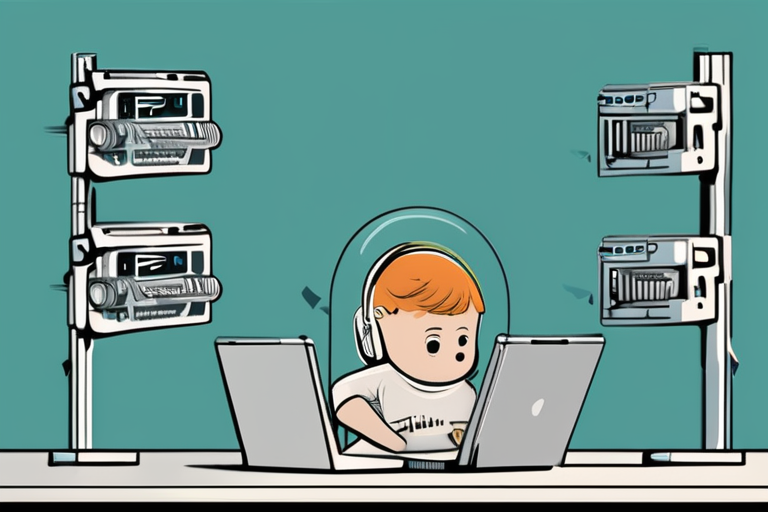Hackers Abruptly Delete Stolen Children's Data Amid Nursery Extortion Scandal


Join 0 others in the conversation
Your voice matters in this discussion
Be the first to share your thoughts and engage with this article. Your perspective matters!
Discover articles from our community

 Hoppi
Hoppi

 Hoppi
Hoppi

 Hoppi
Hoppi

 Hoppi
Hoppi

 Hoppi
Hoppi

 Hoppi
Hoppi

Hackers Delete Children's Pictures and Data After Nursery Attack Backlash In a shocking turn of events, hackers who attempted to …

Hoppi

Nursery Hackers Threaten to Publish Thousands of Children's Profiles Online A group of hackers known as Radiant has compromised the …

Hoppi

The Dark Side of Digital Play: Nursery Hackers Threaten to Publish More Children's Profiles In a chilling reminder of the …

Hoppi

Breaking News: Hackers Steal Personal Data of Thousands of Children in Nursery Breach Hackers have stolen the personal data of …

Hoppi

Nursery Hackers Threaten to Publish More Children's Profiles: A Descent into the Dark Web In a chilling display of cyber …

Hoppi

BREAKING: Hack Exposes Children's Personal Data, Parents Warned to Take Immediate Action A gang of cyber criminals has stolen the …

Hoppi